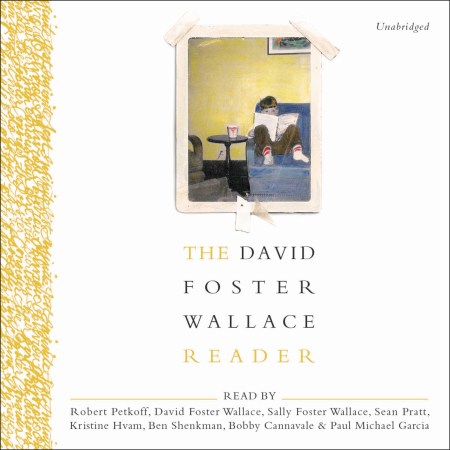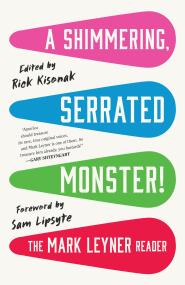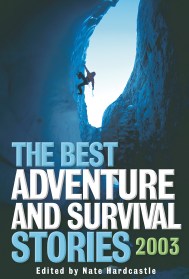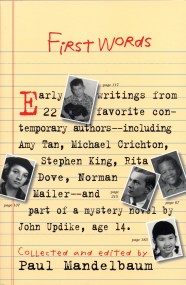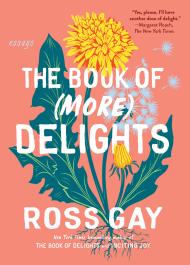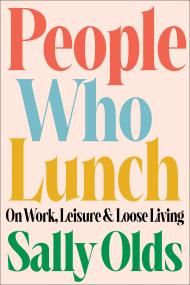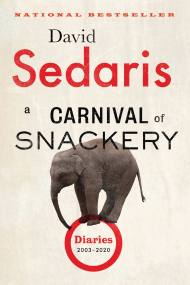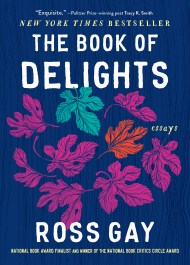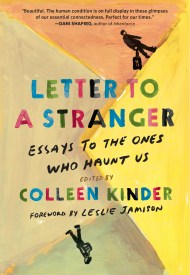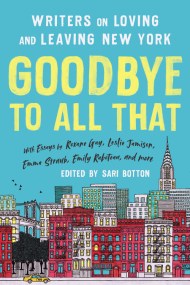Shopping Cart
The David Foster Wallace Reader
Description
Where do you begin with a writer as original and brilliant as David Foster Wallace? Here — with a carefully considered selection of his extraordinary body of work, chosen by a range of great writers, critics, and those who worked with him most closely. This volume presents his most dazzling, funniest, and most heartbreaking work — essays like his famous cruise-ship piece, “A Supposedly Fun Thing I’ll Never Do Again,” excerpts from his novels The Broom of the System, Infinite Jest, and The Pale King, and legendary stories like “The Depressed Person.”
Wallace’s explorations of morality, self-consciousness, addiction, sports, love, and the many other subjects that occupied him are represented here in both fiction and nonfiction. Collected for the first time are Wallace’s first published story, “The View from Planet Trillaphon as Seen In Relation to the Bad Thing” and a selection of his work as a writing instructor, including reading lists, grammar guides, and general guidelines for his students.
A dozen writers and critics, including Hari Kunzru, Anne Fadiman, and Nam Le, add afterwords to favorite pieces, expanding our appreciation of the unique pleasures of Wallace’s writing. The result is an astonishing volume that shows the breadth and range of “one of America’s most daring and talented writers” (Los Angeles Times Book Review) whose work was full of humor, insight, and beauty.
Wallace’s explorations of morality, self-consciousness, addiction, sports, love, and the many other subjects that occupied him are represented here in both fiction and nonfiction. Collected for the first time are Wallace’s first published story, “The View from Planet Trillaphon as Seen In Relation to the Bad Thing” and a selection of his work as a writing instructor, including reading lists, grammar guides, and general guidelines for his students.
A dozen writers and critics, including Hari Kunzru, Anne Fadiman, and Nam Le, add afterwords to favorite pieces, expanding our appreciation of the unique pleasures of Wallace’s writing. The result is an astonishing volume that shows the breadth and range of “one of America’s most daring and talented writers” (Los Angeles Times Book Review) whose work was full of humor, insight, and beauty.
Praise
"The Best Mind of His Generation"
—A.O. Scott, The New York Times
"A prose magician, Mr. Wallace was capable of writing...about subjects from tennis to politics to lobsters, from the horrors of drug withdrawal to the small terrors of life aboard a luxury cruise ship, with humor and fervor and verve."
—Michiko Kakutani, The New York Times
"One of the most influential writers of his generation."
—Timothy Williams, The New York Times
"David Foster Wallace has earned a place as one of America's most daring and talented young writers."
—Scott Morris, L.A. Times Book Review
"Wallace is an astonishing storyteller whose fiction reminds us why we learned how to read in the first place."
—Andrew Ervin, San Francisco Chronicle
